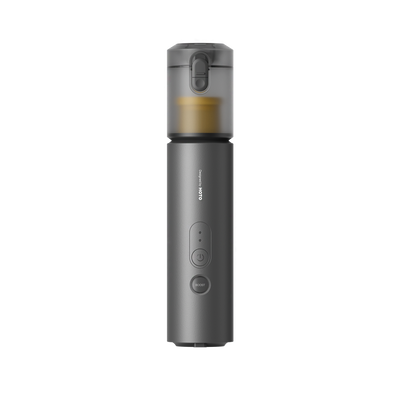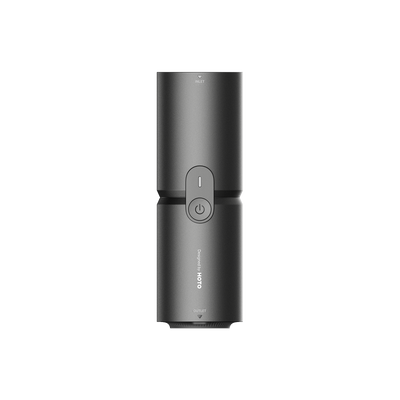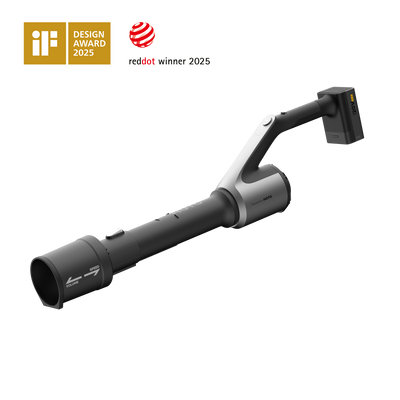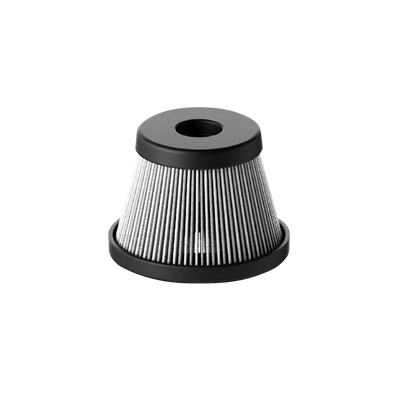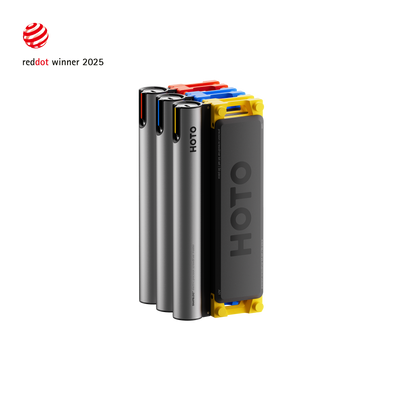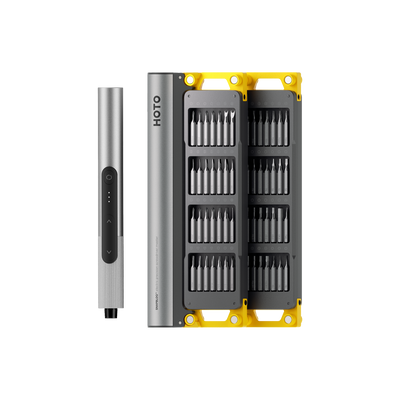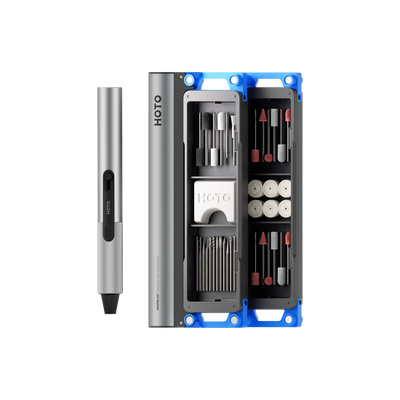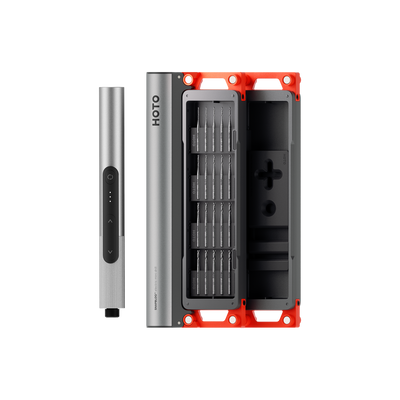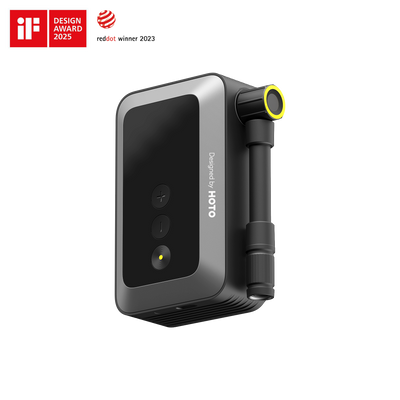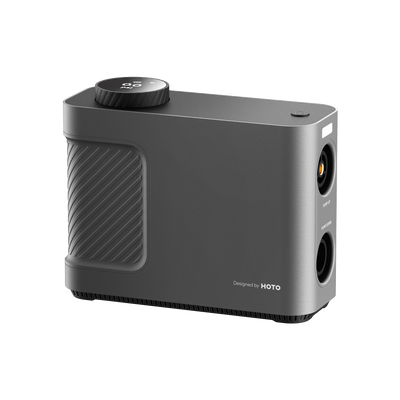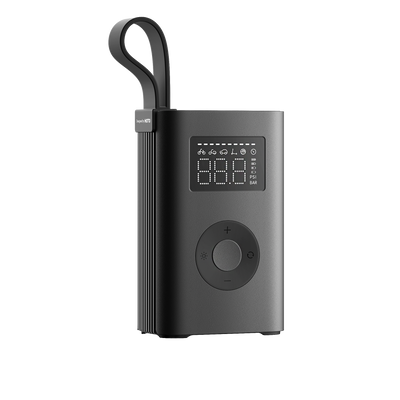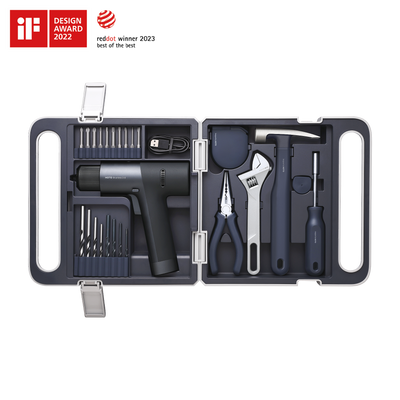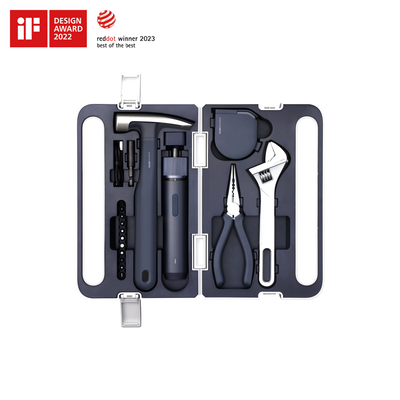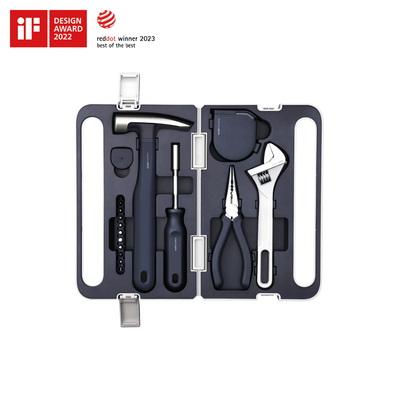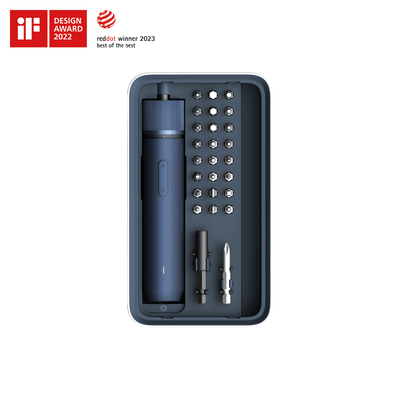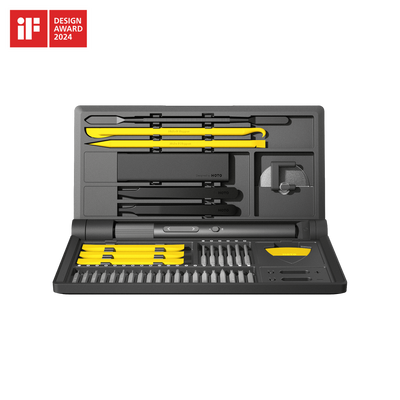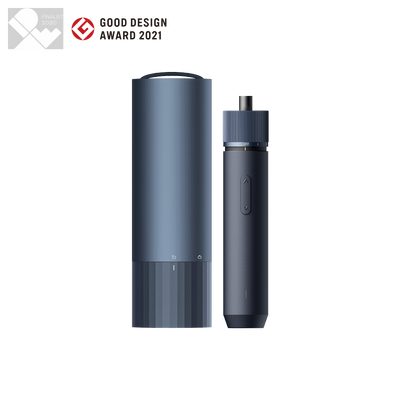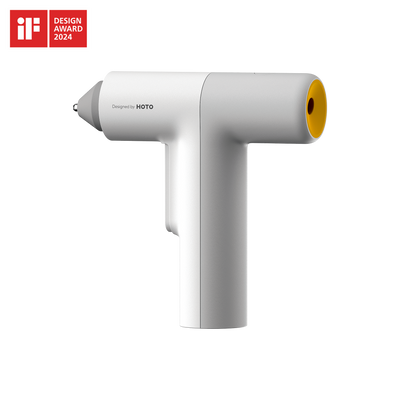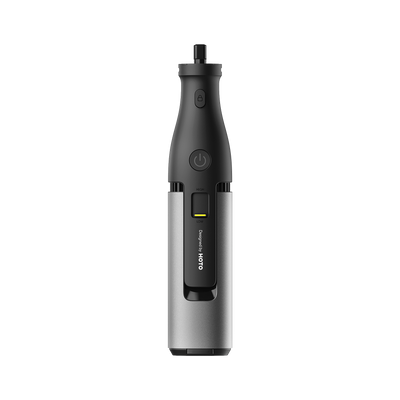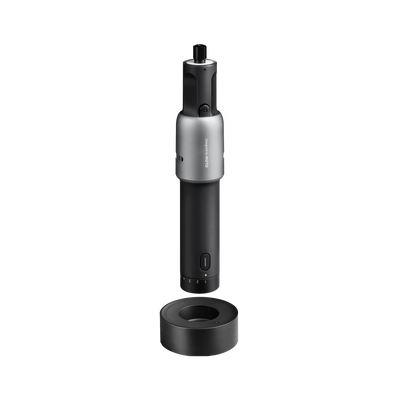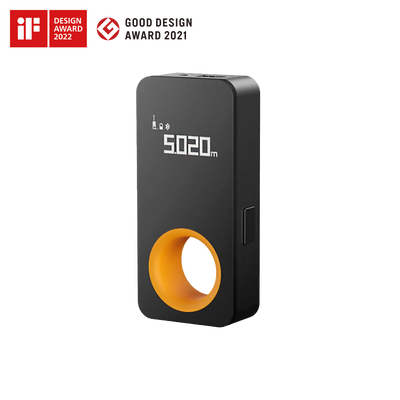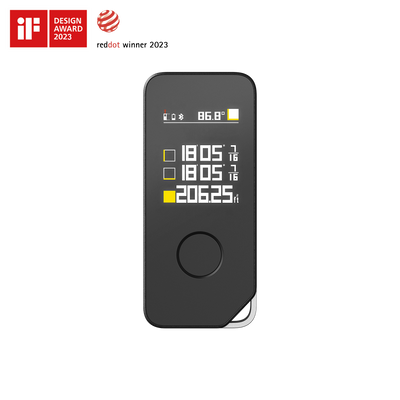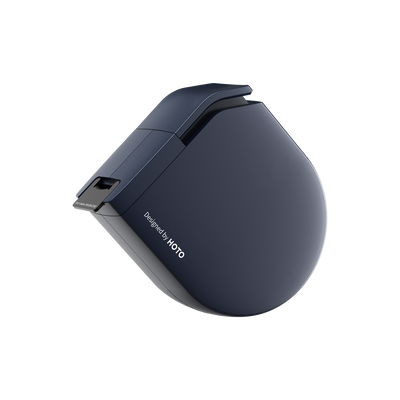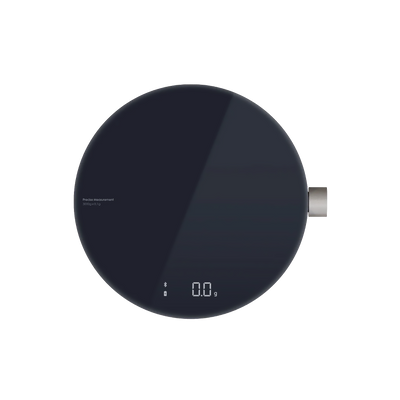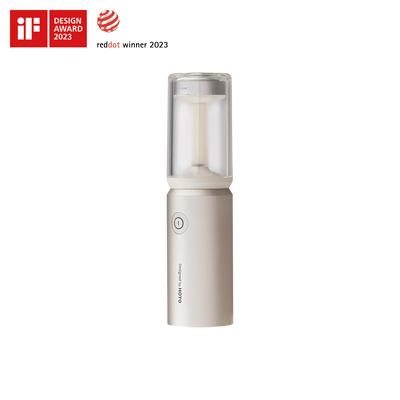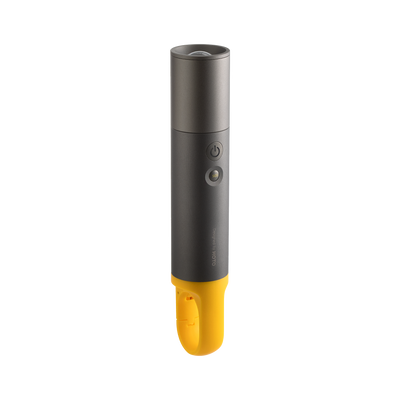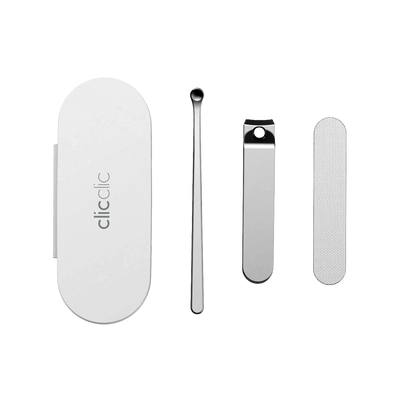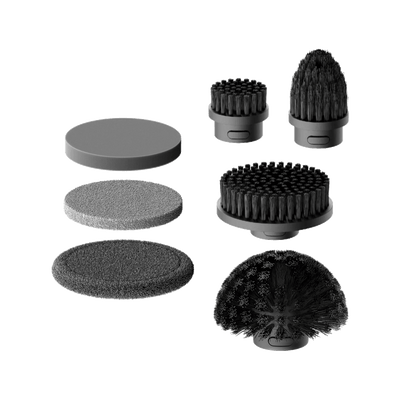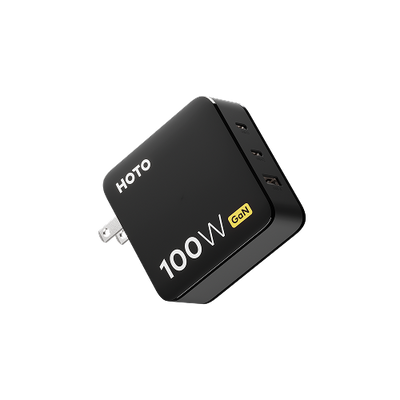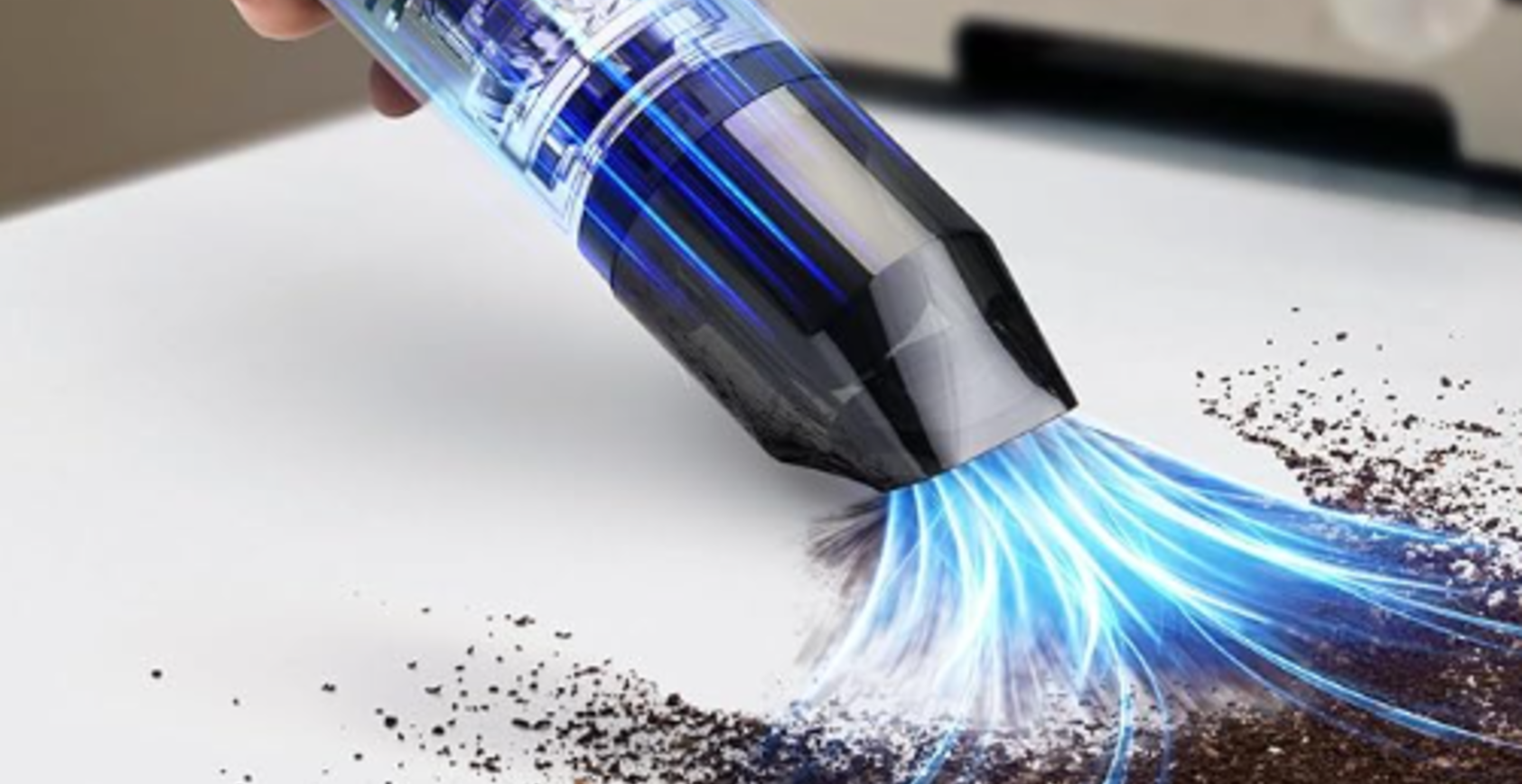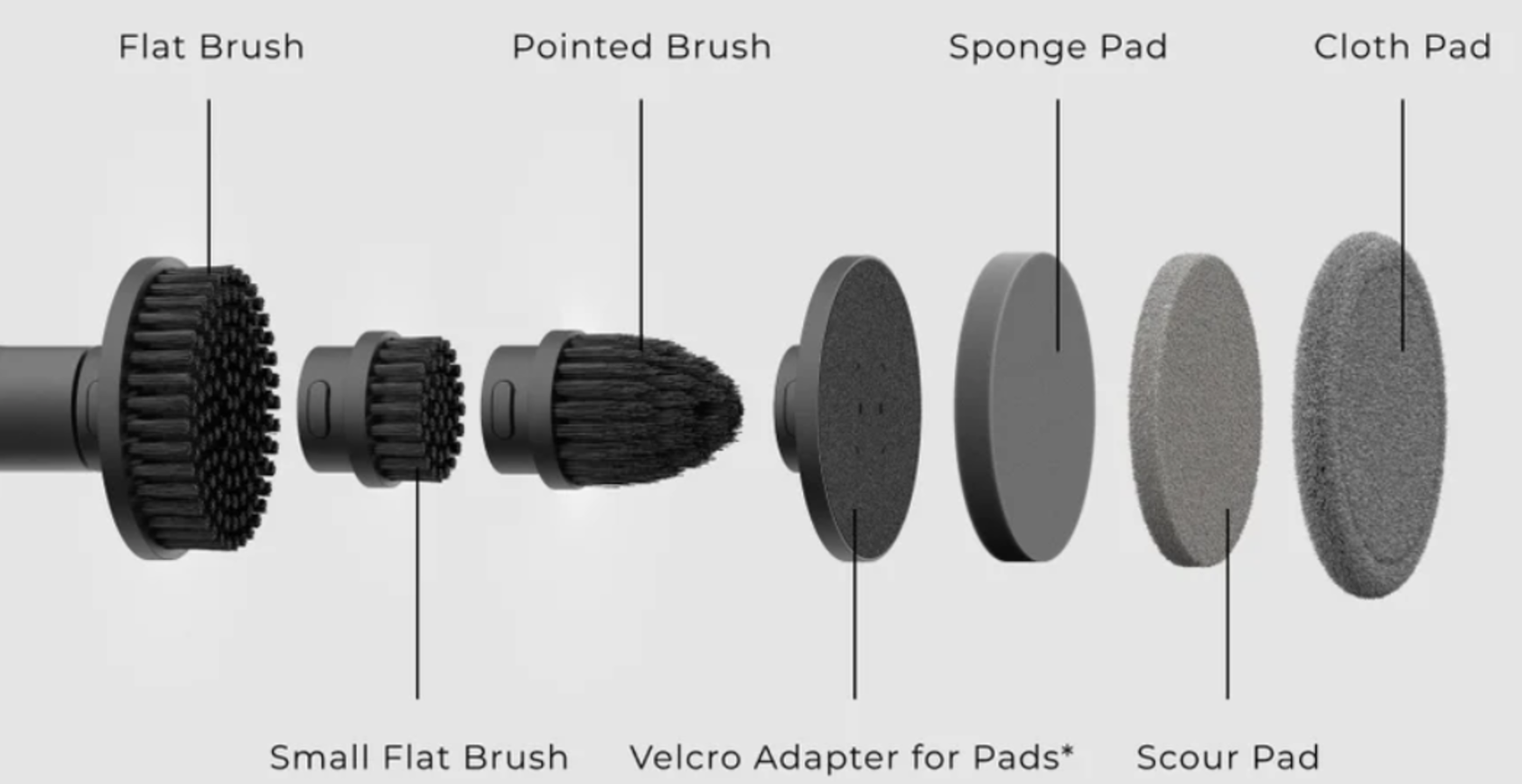
How to Use Electric Spin Scrubber and Keep It in Top Condition
Cleaning doesn’t have to be a chore you dread—especially when you have the right tools at your disposal. If you’ve ever found yourself struggling with stubborn grime and wishing for an easier way to get things sparkling clean, an electric spin scrubber might just be your new best friend. This nifty gadget can make scrubbing away dirt and stains feel almost effortless. In this easygoing guide, we’ll show you the basics of how to use electric spin scrubber, from getting it set up to making the most of its features. Sit back, relax, and let’s explore how this handy tool can turn your cleaning routine into a breeze!
Different cleaning products for different types of stains
Yeast
The pinkish, sticky grime on tiles, floors, and other surfaces is yeast. It thrives in warm, damp environments, so it often grows around faucets, shower gel bottles, drains, and sinks. This fungus is easy to remove and is harmless to humans, but it reproduces quickly and can regenerate rapidly if not completely eradicated. When cleaning, you can use a sponge or brush dipped in chlorine bleach or alcohol-based cleaner.
Mold
The black mold commonly found in bathrooms is very stubborn; it tends to "root" into surfaces like walls, and simply cleaning the surface is not enough to completely remove it. This mold feeds on hair, sebum, soap, and other substances, and can lead to allergies and asthma. If yeast is not cleaned regularly, it can turn into this stubborn mold. Chlorine bleach is recommended for its strong antibacterial and bleaching effects. Spray it on the mold, cover with plastic wrap for a while, then leave it for 5 to 10 minutes before rinsing with water. Note that you should not use a brush during this process, as it can leave fine scratches on surfaces, which may retain water droplets and promote mold growth.
Limescale
The white water spots on the bathroom mirror are mineral deposits left behind when water evaporates. These deposits are alkaline, so you can use a cleaner that contains citric acid to remove them. For example, you can pour vinegar into a spray bottle and apply it to areas with limescale, such as toilets, faucets, and sinks. Then, use the spin scrubber to gently scrub the area. The acidity of the vinegar effectively dissolves limescale. Finally, rinse with clean water to quickly remove the limescale.
Brush heads for different cleaning scenarios
Different brush heads serve various purposes: sponge brushes are best for glass mirrors and leather, scouring pads work well on kitchen stovetops and bathroom sinks, and short-haired cloth brushes are ideal for dusting wood floors and glass cabinet doors. Their electric features make cleaning easier and faster.
nylon pointed brush
In the kitchen, corners and edges often gather dirt and grime. For this, you need a brush specifically designed for cleaning gaps where ordinary brushes can't reach. Its slender, soft brush head easily reaches into various crevices and corners, effectively capturing all the dirt. Whether you're cleaning tile grout, the inside of faucets, or cabinet edges, it handles the job with ease. With this brush, your kitchen will have no more hidden dirty spots.

Sponge pad
The sponge pad is designed for cleaning mirrors, glass, and polishing leather surfaces. It excels in water absorption and dirt pickup. For leather care, you can use the sponge pad with suitable cleaning agents. For instance, when cleaning leather items, try a mixture of rubbing alcohol, olive oil, and essential oils. Apply the solution with a toothbrush or sponge pad to clean the leather thoroughly, then wipe it dry with a clean towel.

Flat brush
This brush is ideal for cleaning bathtubs, kitchen stoves, range hoods, and other large areas. Its broad surface allows you to cover large areas quickly and efficiently, making it ideal for cleaning large surfaces without having to reload the brush frequently.

Small flat brush
It’s perfect for getting into narrow spaces and crevices where larger brushes can’t reach, such as around appliance controls, window tracks, or the edges of cabinets. Handy for scrubbing grout lines between tiles in bathrooms or kitchens, helping to remove dirt and mildew build-up. The bristles are tough enough to scrub away stubborn dirt, yet gentle enough to protect delicate surfaces, ensuring a thorough but safe cleaning experience.

Scour pad
For key cleaning areas such as stovetops and toilets, using a scouring pad brush head can handle the job easily. In the bathroom, a larger brush can also be used for cleaning.

Cloth pad
The cloth pad is suitable for cleaning floors, doors and windows. The robust motor of HOTO electric spin scrubber provides a strong cleaning torque of 2.5Nm, offering substantial power without excessive speed, great ideal for thorough cleaning without risking damage to the surfaces.

Maintenance
Clean the Brush Heads Regularly
As usage time increases, the bristles may become less effective due to wear and dirt accumulation. Regular cleaning helps maintain the spin scrubber's bristles' cleanliness and flexibility, thereby improving cleaning performance. After each use, rinse the brush heads thoroughly to remove any dirt or cleaning solution. For a deeper clean, soak them in soapy water, then scrub them with a brush to get rid of any stubborn residue.
Replace Brush Heads
Electric brush heads generally come in two types of materials: fabric brush and hard bristle brush.
Avoid long-time uncharged
Follow the manufacturer's instructions for charging your spin scrubber. Overcharging or using an incorrect charger can reduce battery life. Be sure not to leave the cleaning brush unused without charging it for extended periods. Please charge once the red-light flashes.
Summary
In conclusion, the electric spin scrubber is a game-changer for simplifying your cleaning routine. With its variety of brush heads and user-friendly features, it tackles different types of grime—from yeast and mold to limescale—making those stubborn stains and hard-to-reach spots a breeze to clean.
Remember, maintaining it is just as important as learning how to use electric spin scrubber. By following the simple steps in the blog, you can ensure your electric spin scrubber remains a reliable ally in your cleaning arsenal.
So, next time you find yourself facing a mountain of dirt or a mess that seems impossible to handle, don’t stress—grab your electric spin scrubber and let it work its magic. Happy cleaning!


